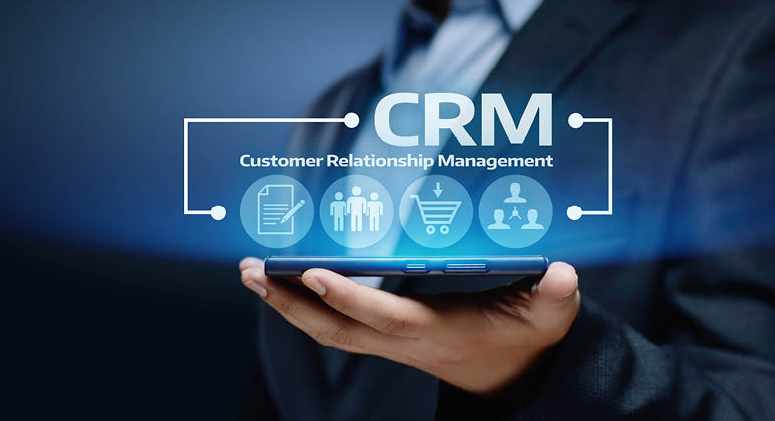Nowadays, CRM software has become the most universally used software solution in the business world. When it comes to talking about business systems, CRM software is the most common and the most popular. Businesses use it to collect customer data, manage customer interactions with the business, forecast sales and customer behavior, manage customer service processes and segment target audiences.
Nevertheless, most CRM (Customer Relationship Management) solutions that are operated by the business are either outdated or not capable enough. Are you sure that your exact CRM solution is capable of resolving business challenges and streamlining your business operations in the way it should? Are you sure that there are no issues with your CRM software? What about data synchronization and its ability to sync data between all of your business applications?
We bet that there are things you would like to improve. Thus, it is time to learn more about the best ways and practices to improve your CRM system.
Here is the list of the best tips on how to improve the effectiveness of your CRM solution and make it generate outcomes you expect it to do:
Identify and Establish your Business Goals
When it comes to purchasing a CRM system from scratch or switching to another solution, it is vital to clearly understand the current needs of your business and see the big picture of your business goals in order to find balance between investment and efforts and future outcomes from the solution implementation.
Business goals and KPIs (Key Performance Indicators) are the factor that will determine the key features of your CRM software you should be looking for. Are you focused on automating the sales process or do you need any automation features for marketing teams? What do you want your customer service strategy to look like? What are your integration requirements in order to sync data between your business solutions? Answering all these questions is the way to find the solution that will really fit your business needs.
Provide Training Sessions to Your Employees
Effectiveness of a software tool depends only on the qualifications and skills of the people who use it. Thus, providing your employees with training sessions focused on how to use the CRM system effectively is the great option to improve their productivity and overall business performance.
It is a common issue when employees don’t understand all the benefits and features of the software they use, so they either use some features in a wrong way or just avoid using all capabilities of the solution in order to avoid making mistakes. This is a problem you should deal with – provide employees with regular training and onboarding for newbies that will make them common with the software, reduce the risks of human errors and help agents to deal with any issues faster and without the involvement of higher management.
Monitor Customer Behavior Patterns Throughout the Sales Pipeline
For every business, it’s important to understand the customer current needs and interests before selling a product and ending the sales cycle. Here is one of the best strategies to identify current customer needs in a better way and also predict future consumer needs to optimize marketing efforts and marketing campaigns.
The sales representative before making a sales call, at first needs to research and gather complete customer data such as the customer’s current interest, needs and preferences, and also identify the type of content the customer likes to share on social media channels. Doing this will allow you to have a better conversion with your customer during the sales call.
Even after making a sales call, it is important for the sales representative to keep track of your customer online activities on a regular basis and identify where your customers are clicking, what type of mobile devices they are using to find content, with what type of content your consumers are resonating and so on. This information is vital for companies to follow up with targeted promotional content, and also identify and predict the current and future consumer needs as well as plan the next marketing move more effectively and confidently.
Don’t Limit Your CRM System to Sales Teams
Do you think CRM is a standalone system? No! It can be integrated with marketing and customer service teams departments. For example: If you don’t integrate your CRM software with your customer support desk, then how can your customer representative get to know about the current customer status and interactions. The disintegration of the CRM system with the customer support team could result in a negative customer service experience and missing of a golden opportunity to build strong and long-lasting relationships with customers.
Today, CRM is a powerful decision-making tool for businesses of all sizes. For organizations, to improve the lifetime value of the CRM software and to get a positive return on investment, it’s time to regularly update and maintain customer data in a consistent and coherent manner. Also, the integration of a social media element into the business’ CRM strategy will help the business keep track of customer social conversations in real time.
CRM tools are vital for ensuring customer retention, customer loyalty, accurate design of customer profiles and buyer personas, providing exceptional customer experiences, managing sales funnels and improving productivity of sales reps. Additionally, this solution is a single source of valuable insights about target customers, business processes and contact management internal processes, as without the CRM software you are unable to provide excellent customer service, personalized experiences, and marketing automation.

